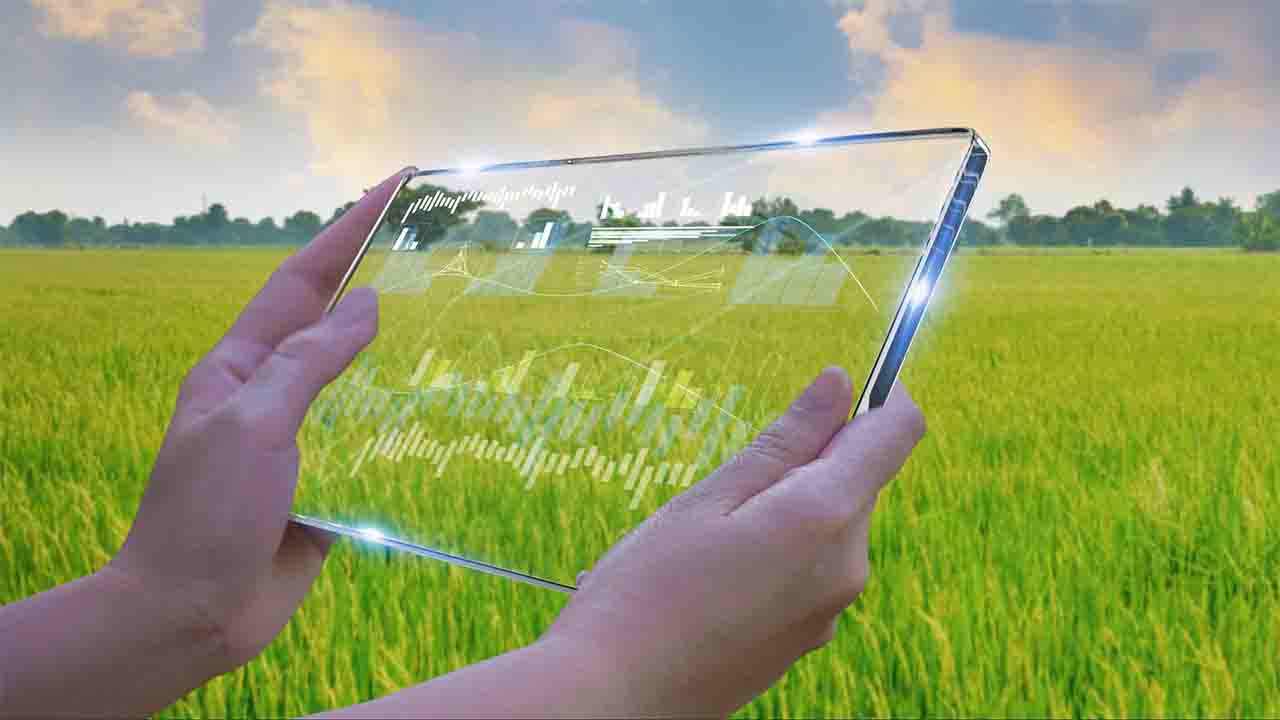The global population is projected to reach 9.7 billion by 2050, posing significant challenges to our ability to produce enough food sustainably. To meet the increasing demand for food while minimizing environmental impact, the future of farming lies in the integration of technology and sustainability. By embracing innovative solutions, farmers can optimize resource utilization, improve crop yields, reduce waste, and safeguard the environment. This article explores the exciting developments shaping the future of farming and the transformative potential of technology and sustainability.
Precision Agriculture and IoT:
Precision agriculture, enabled by the Internet of Things (IoT), is revolutionizing farming practices. IoT sensors and devices collect real-time data on soil moisture, temperature, crop growth, and pest infestations, allowing farmers to make data-driven decisions. Through remote monitoring and control systems, farmers can optimize water and fertilizer usage, reduce chemical inputs, and detect crop diseases at an early stage. Precision agriculture enhances productivity, reduces costs, and minimizes environmental impact, leading to sustainable farming practices.
Vertical Farming and Controlled Environment Agriculture:
Vertical farming is an innovative approach that involves growing crops in vertically stacked layers, using artificial lighting and climate control systems. This method maximizes land efficiency, reduces water usage by employing hydroponic or aeroponic systems, and eliminates the need for chemical pesticides. By utilizing vertical space in urban areas, vertical farms bring food production closer to consumers, minimizing transportation costs and carbon emissions. Controlled environment agriculture provides year-round crop production, independent of weather conditions, and reduces dependence on arable land.
Robotics and Automation:
Advancements in robotics and automation are transforming farming operations. Robots equipped with computer vision systems can autonomously detect and remove weeds, reducing the need for herbicides. Drones equipped with multispectral cameras can monitor crop health, identify stress patterns, and facilitate targeted interventions. Autonomous tractors and harvesters optimize fuel usage and reduce labor requirements. Robotic solutions not only enhance efficiency and productivity but also minimize the environmental impact associated with traditional farming methods.
Genetic Engineering and Biotechnology:
Genetic engineering and biotechnology play a crucial role in developing crops with enhanced characteristics, such as resistance to pests and diseases, improved nutrient content, and increased yield potential. Through biotechnology, scientists are developing drought-tolerant and heat-resistant crops, which are essential in the face of climate change. Genetic engineering also enables the production of plant-based proteins and alternative food sources, reducing the reliance on traditional livestock farming and its associated environmental impacts.
Data Analytics and Machine Learning:
The vast amount of data collected from farming operations can be leveraged through data analytics and machine learning techniques. By analyzing historical and real-time data, farmers can optimize planting schedules, predict disease outbreaks, and fine-tune irrigation and fertilization practices. Machine learning algorithms can identify patterns, recommend optimal crop varieties, and provide personalized insights to farmers. Data-driven decision-making enhances productivity, reduces waste, and ensures sustainable resource management.
Renewable Energy Integration:
The future of farming embraces renewable energy sources to power agricultural operations. Solar panels, wind turbines, and biomass generators can provide clean energy for farm activities, reducing dependence on fossil fuels. Energy storage technologies, such as batteries, enable farmers to store excess energy and use it during peak demand periods. Renewable energy integration reduces greenhouse gas emissions, mitigates climate change impacts, and contributes to a sustainable agricultural system.
The future of farming lies in the harmonious integration of technology and sustainability. By embracing precision agriculture, vertical farming, robotics, genetic engineering, data analytics, and renewable energy, farmers can optimize resource utilization, enhance productivity, and reduce environmental impacts. These technological advancements enable sustainable farming practices that meet the increasing global demand for food while safeguarding our planet for future generations. As we embrace innovation and prioritize sustainability, the future of farming holds great promise in ensuring food security, minimizing environmental degradation, and building a resilient agricultural system.








